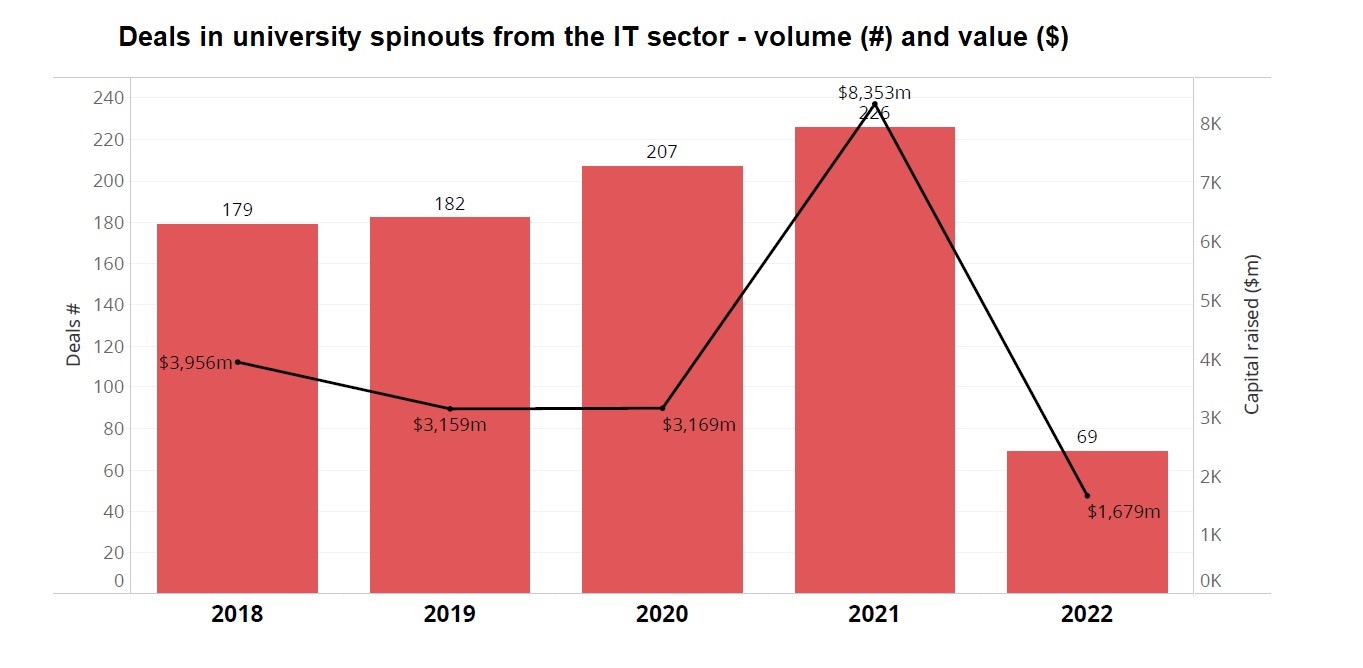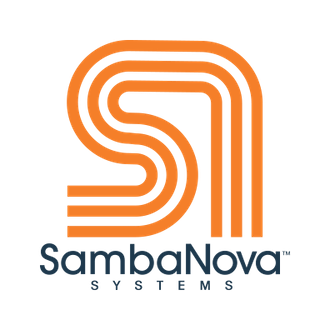Over the past few years, we reported various commitments to university spinouts in the IT sector through our sister publication, Global University Venturing. By the end of 2021, there were 226 rounds raised by university spinouts, up 9% from the 207 registered in the previous year. The level of estimated total capital deployed last year stood at a record $8.35bn, more than double the $3.17bn in 2020.


Celonis, a Germany-based business process analytics software spinout of Technical University of Munich (TUM), raised $1bn in a series D round co-led by Durable Capital Partners and funds and accounts advised by T Rowe Price Associates. Franklin Templeton, Splunk Ventures and assorted private investors also joined the round. The round valued Celonis at $11bn post-money. Founded in 2011, Celonis has created an execution management system that allows companies to run business processes across fragmented technologies, devices and applications. It has attracted thousands of clients to date, including multiple Fortune 500 companies.

SambaNova Systems, a US-headquartered artificial intelligence software spinout of Stanford University, raised $676m in a series D round led by SoftBank’s Vision Fund 2. The round included Intel Capital and GV, corporate venturing subsidiaries for semiconductor and data technology provider Intel and Alphabet respectively, and it valued the company at $5.1bn. SambaNova is developing systems to run advanced AI applications that are intended to be more powerful that existing central or graphics processing units, for use across data centres, the cloud and edge computing.

PsiQuantum, a US-based quantum computing technology developer based on research at University of Bristol and Imperial College London, completed a $450m series D round led by funds and accounts managed by BlackRock. Microsoft’s corporate venture capital unit, M12, also backed the round, as did Baillie Gifford, Blackbird Ventures and Singaporean government-owned investment firm Temasek. PsiQuantum is developing what it expects to be the first commercially viable quantum computer, utilising a system where photonic circuits are patterned onto a silicon chip and used to manipulate photons.
